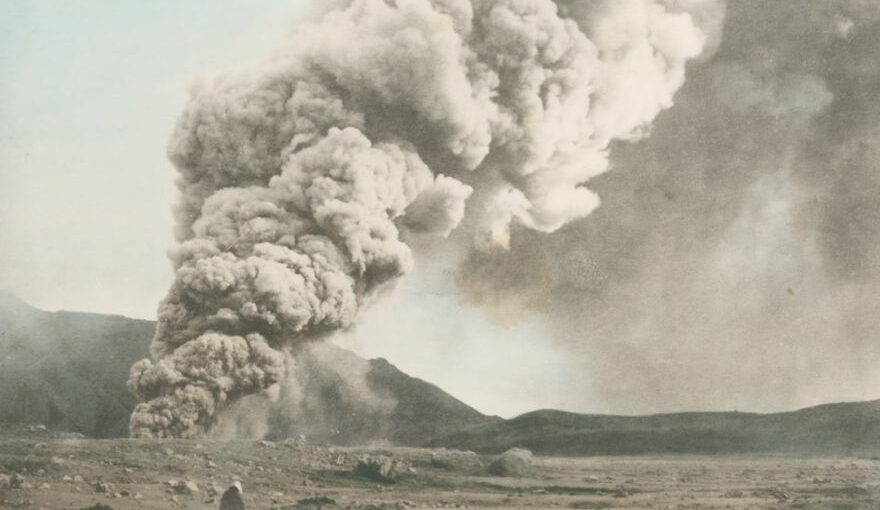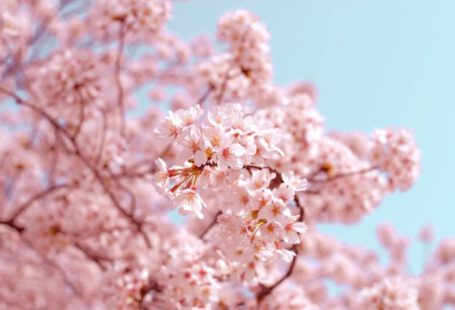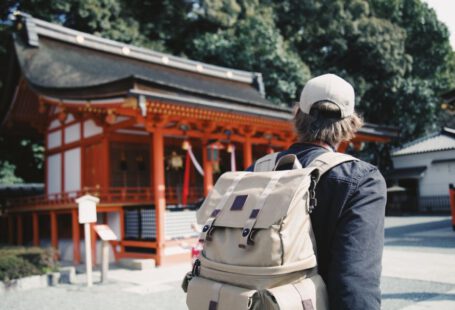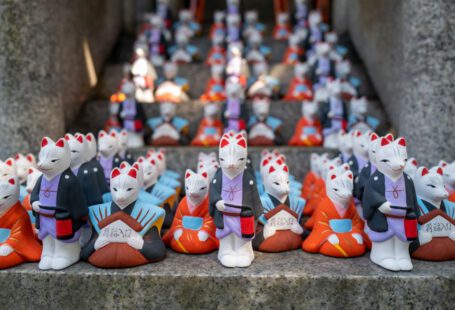Japan, a country with a rich and vibrant history, has been shaped by various historical periods that have left a lasting impact on its culture, traditions, and way of life. From ancient times to the modern era, these periods have defined Japan’s identity and shaped its destiny. In this article, we will explore some of the most influential historical periods that have had a profound effect on Japan.
Ancient Period: The Birth of Japanese Civilization
The ancient period in Japan, which dates back to around 10,000 BCE, marks the beginning of Japanese civilization. During this time, the Jomon culture thrived, characterized by its unique pottery and hunter-gatherer lifestyle. The introduction of rice cultivation and metalworking techniques from the Asian mainland during the Yayoi period (300 BCE – 300 CE) brought significant changes to Japanese society, leading to the establishment of permanent settlements and the emergence of social hierarchies.
Heian Period: The Golden Age of Japanese Culture
The Heian period (794-1185) is often regarded as the golden age of Japanese culture. It was during this time that the Japanese imperial court reached its peak in terms of cultural and artistic achievements. The Tale of Genji, a masterpiece of Japanese literature, was written by Lady Murasaki Shikibu, a prominent court lady. The period also witnessed the development of unique art forms such as calligraphy, poetry, and the tea ceremony, which continue to be cherished aspects of Japanese culture today.
Feudal Period: The Age of Samurai
The feudal period, also known as the Kamakura period (1185-1333) and the Muromachi period (1336-1573), was a time of political and social upheaval in Japan. The rise of samurai warriors and the establishment of feudal domains led to a decentralized power structure, with regional warlords known as daimyo wielding significant influence. The samurai code of bushido, emphasizing loyalty, honor, and martial skills, became the guiding principle for the warrior class. This period also saw the introduction of Zen Buddhism from China, which greatly influenced Japanese art, philosophy, and culture.
Edo Period: The Era of Peace and Isolation
The Edo period (1603-1868) was characterized by relative peace and stability under the governance of the Tokugawa shogunate. The capital was moved to Edo, modern-day Tokyo, and the country was ruled by a strict social hierarchy. The samurai class enjoyed a privileged position, while merchants and artisans prospered. However, during this period, Japan adopted a policy of sakoku, or national isolation, which restricted foreign influence and trade. This isolation allowed for the development of a distinct Japanese identity and the flourishing of traditional arts, such as kabuki theater and ukiyo-e woodblock prints.
Meiji Period: Japan’s Modernization and Industrialization
The Meiji period (1868-1912) marked a significant turning point in Japanese history. With the restoration of imperial rule, Japan embarked on a rapid process of modernization and industrialization. The government implemented a series of reforms to catch up with Western powers, including the adoption of Western technology, education systems, and legal codes. Japan emerged as a major world power, winning wars against China and Russia and becoming the first Asian country to industrialize. This period laid the foundation for Japan’s economic and technological advancements in the 20th century.
Conclusion: The Ever-Evolving Japanese Identity
From its ancient origins to its modern transformation, Japan has been shaped by a series of historical periods that have molded its culture, traditions, and national identity. Each period has contributed unique elements that continue to resonate in contemporary Japan. The ancient period laid the groundwork for Japanese civilization, while the Heian period showcased Japan’s artistic and cultural achievements. The feudal period introduced the samurai warrior class and its code of honor, and the Edo period fostered a sense of isolation and the development of traditional arts. Lastly, the Meiji period propelled Japan into the modern era, setting the stage for its emergence as a global power. Together, these historical periods have shaped Japan into the vibrant and dynamic nation it is today.





